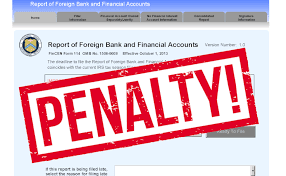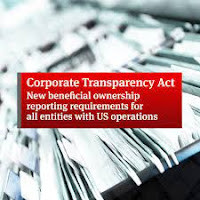The IRS released its report on efforts it's made, pursuant to its increased funding provided a year ago in the inflation reduction act.
Included in this report was an account of their successes in ensuring high-income taxpayers pay taxes owed.
The IRS is working to ensure high-income filers pay the taxes they owe. Prior to the Inflation Reduction Act, more than a decade of budget cuts prevented IRS from keeping pace with the increasingly complicated set of tools that the wealthiest taxpayers use to hide their income and evade paying their share. The IRS is now taking swift and aggressive action to close this gap.
- Pursuing tax-evading millionaires. In recent months, IRS Criminal Investigation has closed a lengthy list of cases in which wealthy taxpayers have been sentenced for tax evasion, money laundering and filing false tax returns. Instead of paying taxes owed, these evaders spent money owed to the government on gambling, vacations and luxury goods.
-
Making delinquent millionaires pay up. In recent months, IRS closed about 175 delinquent tax cases for millionaires, generating $38 million in recoveries. IRS will continue to pursue millionaires who do not pay their taxes as the agency ramps up enforcement capabilities through the Inflation Reduction Act. Examples of schemes IRS is now pursuing include:
- High-dollar scheme exploiting Puerto Rico. IRS recently identified about 100 high-income individuals claiming benefits in Puerto Rico without meeting the residence and source rules involving U.S. possessions. These wealthy individuals are attempting to avoid U.S. taxation on U.S. source income, and IRS expects many of these cases to proceed to criminal investigation.
- Pension arrangements in Malta. As part of IRS' effort to pursue unlawful offshore tactics, the Department of Treasury and IRS in June issued proposed rules that define Maltese personal retirement schemes used to avoid U.S. taxes as listed transactions. IRS is working to identify taxpayers who are improperly using Malta-U.S. Treaty rules to improperly claim exemptions. Inflation Reduction Act resources will enable IRS to detect those who leverage these offshore schemes.
- Cracking down on millionaire non-filers. The IRS continues to intensify work around wealthy individuals who do not file tax returns. These are particularly egregious cases where instead of filing their taxes and paying taxes owed, these individuals used the money to make lavish purchases. In one recently closed case, an individual used funds owed to the government to purchase a Maserati and Bentley. IRS is continuing to work with law enforcement partners to hold these individuals accountable.
Have Unreported Income?
www.TaxAid.com or www.OVDPLaw.com
or Toll Free at 888 8TAXAID (888-882-9243)
Read more at: Tax Times blog








.jpg)





